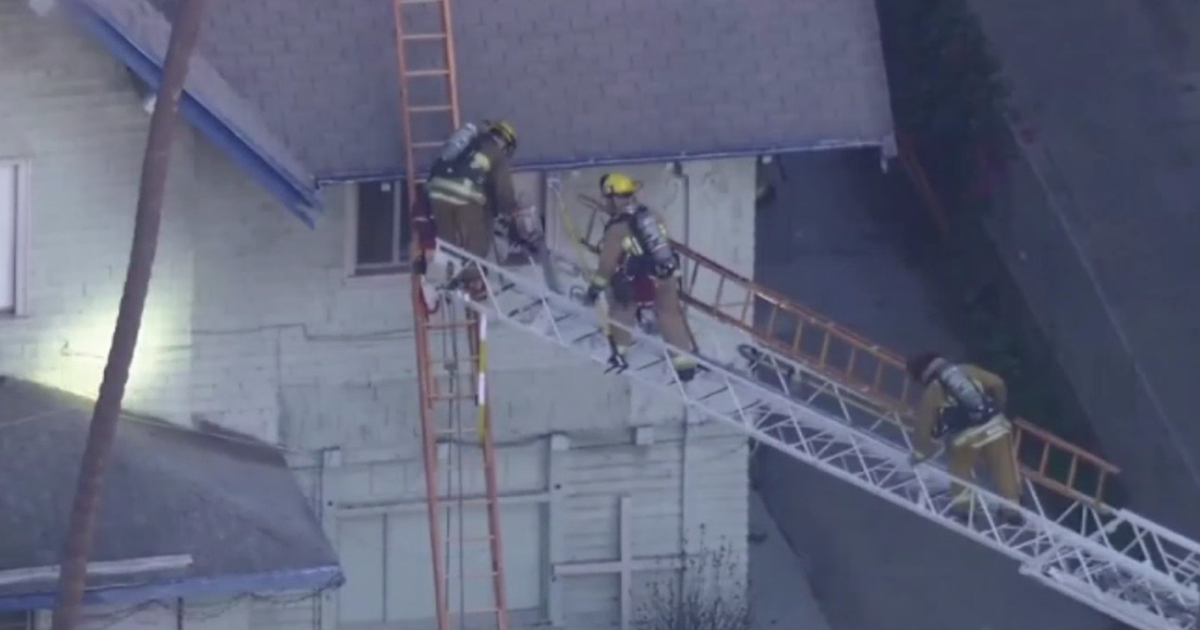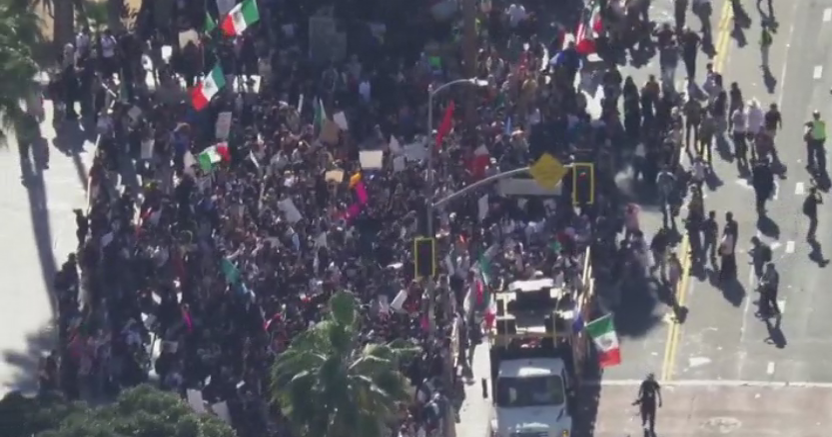A vanishing middle-class -- the new normal?
(Moneywatch) Nearly three years after the end of the Great Recession, many Americans are still struggling to survive as a rapidly shifting economy makes their skills are increasingly obsolete.
Almost half of middle-class households today live paycheck-to-paycheck, according to a recent survey by financial services firm NestWise. Some 45 percent of households earning between $50,000 and $150,000 per year spend all or more of their monthly earnings each month. Most of those households also have insufficient savings to deal with the loss of a job or other financial emergency.
- Sequester cuts already hurting small businesses
- Survey: Private sector added 158k jobs in March
- Most companies don't expect to hire next quarter
More than half of respondents to the survey expressed uncertainty about the economy. A third said they were concerned about losing their job and not finding another one, while 47 percent were worried about their retirement savings.
One reason for that anxiety -- the disappearance of jobs that once allowed people without a college degree enter the middle class. A new report from the Federal Reserve of New York shows that since the 1980s, employment has become increasingly concentrated among the highest- and lowest-skilled jobs.
At the same time, company earnings are soaring, even as income for most American remains largely stagnant, according to the Economic Policy Institute, a liberal-leaning think-tank. In 2012, corporate profits increased to 25.6 percent, the highest since 1951 and much higher than the 19.9 percent share that was the norm from 1969 to 2007. What makes this an exceptional development is that previously such profits fell in periods when unemployment rose.
As economist Lawrence Mishel, the author of the report, noted:
We now have an economy built to assure high corporate profitability even when it's operating far below capacity and when most families and workers are faring poorly. This is further evidence that there is a remarkable disconnect between the fortunes of business and those best-off (high-income households) and the vast majority.
According to a Brookings Institution paper, this divergence in economic outcomes between corporations and average Americans may represent a "new normal." Under this view, the well-documented rise in income inequality over the last 30 years is unlikely to change anytime soon. By looking at federal tax returns from 1987 to 2009, the authors were able to find that the inequality has steadily increased over that period.
Such research underscores that even as the economy is "recovering" by some measures, deep shifts in the labor market and the concentration of income are undermining social and economic mobility.



